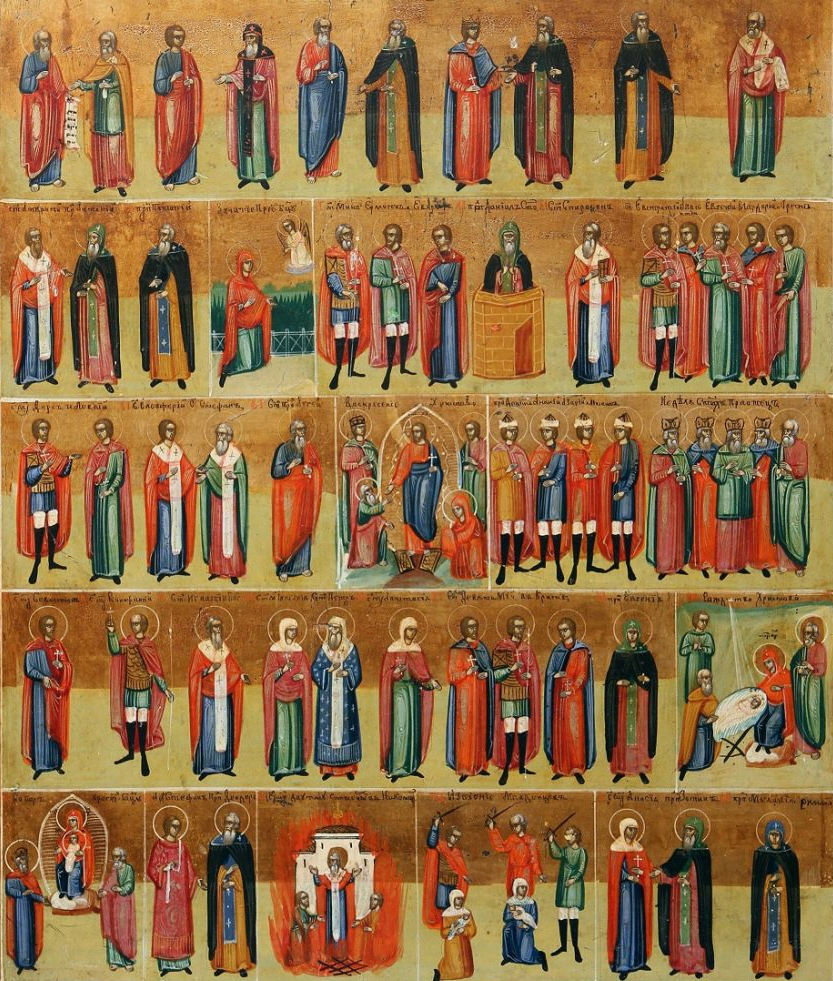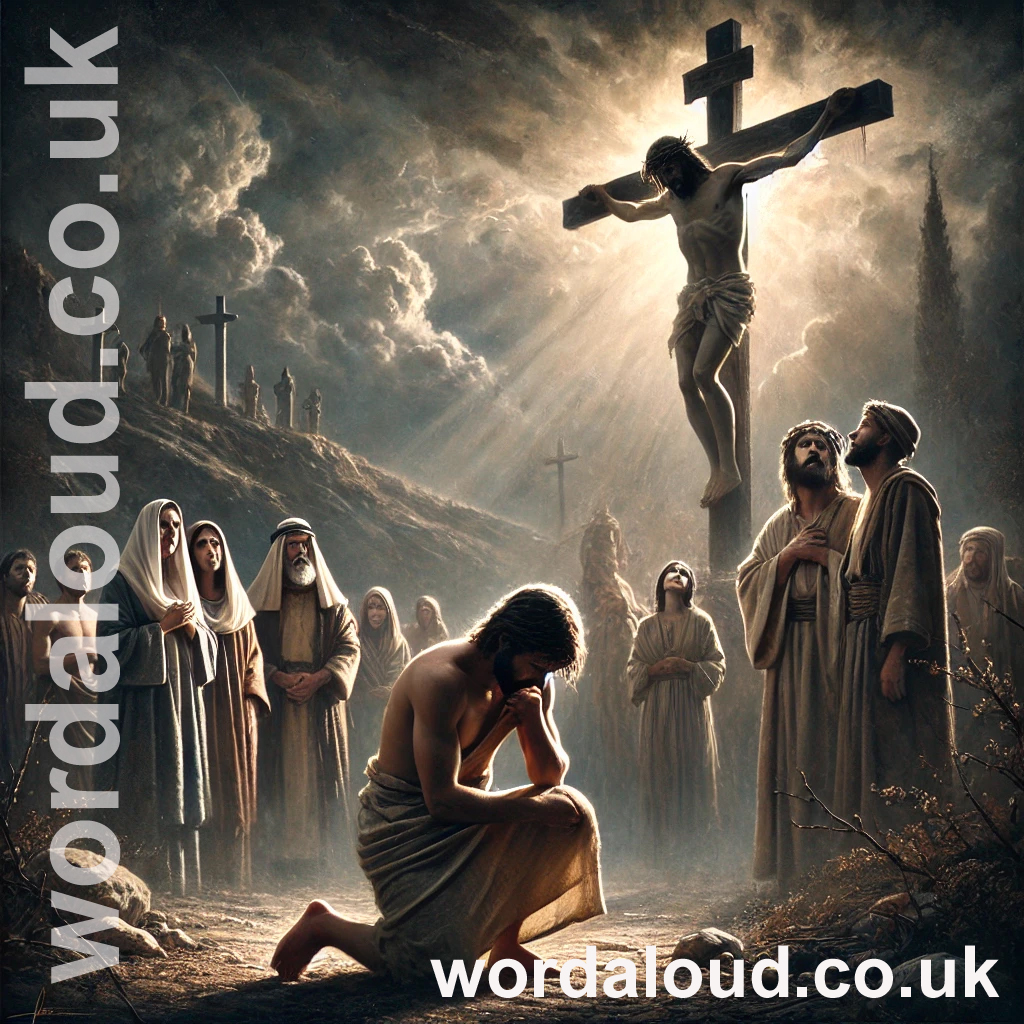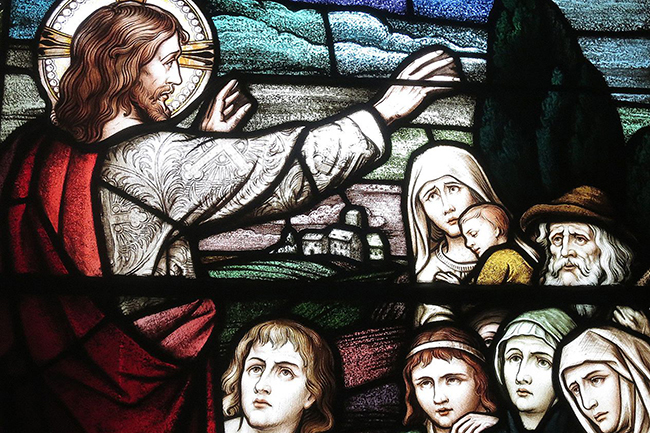Christian Art | George Herbert | Sepulchre | The Church | Church-Lock And Key
George Herbert | The Temple | The Church | Church-Lock And Key
I know it is my sinne, which locks thine eares,
And bindes thy hands,
Out-crying my requests, drowning my tears;
Or else the chilnesse of my faint demands.
But as cold hands are angrie with the fire,
And mend it still;
So I do lay the want of my desire,
Not on my sinnes, or coldnesse, but thy will.
Yet heare, O God, onely for his blouds sake
Which pleads for me:
For though sinnes plead too, yet like stones they make,
His blouds sweet current much more loud to be
![]()

George Herbert | The Temple | The Church | Church-Lock And Key
The poem reflects George Herbert’s preoccupation with the nature of sin, divine grace, and human helplessness in the face of God’s justice and mercy. The poem is a layered meditation on spiritual struggle to reconcile personal sinfulness with the hope of redemption.
Sin As Obstruction And Distance
The opening lines establish Herbert’s awareness of sin as a barrier to divine communication:
I know it is my sin, which locks thine ears,
And binds thy hands,
Sin is depicted as an active force, personified as a captor that ‘locks’ and ‘binds’, inhibiting God’s ability to respond to prayer and act on behalf of us. This theological motif aligns with Isaiah 59:2: ‘But your iniquities have separated you from your God; your sins have hidden his face from you.’ Here, sin is not only a moral failing but a metaphysical condition that disrupts the relationship between humanity and God. Herbert recognizes this obstruction and attributes it to his own moral state.
Yet the poem also conveys an acute self-awareness that transcends mere confession. In recognizing that his prayers are faint and insufficient, Herbert criticizes the ‘chilness’ of his demands, suggesting that his spiritual inadequacy compounds his sinfulness. The metaphor of ‘cold hands’ conveys not only physical numbness but a deeper spiritual lethargy, reinforcing the human inability to generate fervour or passion without divine intervention.
Submission To Divine Will
The second stanza introduces a shift in perspective:
So I do lay the want of my desire,
Not on my sins, or coldness, but thy will.
Here, Herbert redirects the locus of accountability from his own failings to God’s sovereign will. This pivot reflects a theological paradox central to Herbert’s worldview: while human sin is the immediate cause of separation from God, ultimate control lies with the divine. The acknowledgment of God’s will as the arbiter of grace could be said to echo a Calvinist sensibility, wherein human effort is subordinate to God’s sovereign election.
This resignation is not a passive despair but an active trust in divine wisdom. Herbert’s acceptance of God’s will recalls Christ’s prayer in Gethsemane: ‘Not my will, but yours be done’ (Luke 22:42). The verse suggests a humility that seeks alignment with God’s purposes, even when they are inscrutable. This surrender, however, is tinged with an implicit plea for God’s mercy to overcome Herbert’s insufficiencies.
Metaphorical Interplay: Cold Hands And Fire
The metaphor explores dynamics of human longing and divine grace:
But as cold hands are angry with the fire,
And mend it still;
This image of cold hands, which simultaneously resist and seek the fire, encapsulates the paradoxical human condition. Herbert’s spiritual coldness, a metaphor for apathy and sin, paradoxically drives his desire for divine warmth. This duality reflects a tension between estrangement from God and innate human yearning for reconciliation. The fire symbolizes God’s grace, which not only provides warmth but also purifies and refines.
The metaphor critiques Herbert’s tendency to externalize blame for his spiritual state. While he initially attributes his lack of fervour to God’s will, the metaphor of cold hands implicitly calls for self-correction and engagement with the divine fire. Thus, the stanza bridges human agency and divine sovereignty, illustrating reciprocal nature of the spiritual journey.
Christ’s Blood As Intercessor
The final stanza introduces the mediatory role of Christ’s sacrifice:
Yet hear, O God, only for his blood’s sake
Which pleads for me.
The appeal shifts theological focus from human inadequacy to divine provision. This image of Christ’s blood ‘pleading’ evokes a biblical concept of intercession, wherein Christ acts as the mediator between humanity and God. This is grounded in Hebrews 12:24, which speaks of ‘the blood of Jesus that speaks a better word than the blood of Abel’. Unlike the blood of Abel, which cried out for justice, Christ’s blood advocates for mercy and reconciliation.
The metaphor of pleading blood is striking. It personifies Christ’s sacrifice as an active, vocal force that drowns out accusations of sin. Juxtaposition of ‘sins plead too’ and ‘his blood’s sweet current’ underscores competing voices in Herbert’s spiritual narrative: one condemns, while the other redeems. By describing Christ’s blood as a ‘current’, Herbert emphasizes its dynamic, life-giving power, in contrast to the inert and lifeless nature of sin.
Soundscape And Sensory Imagery
The poem’s acoustic imagery amplifies thematic depth. The opening lines depict sin as ‘out-crying’ Herbert’s requests, creating a soundscape of competing voices. This cacophony reflects internal conflict between guilt and hope. The final stanza resolves this discord through the ‘sweet current’ of Christ’s blood, which metaphorically overwhelms clamour of sin.
This shift from noise to harmony mirrors Herbert’s spiritual journey from estrangement to trust in divine grace. It also highlights Herbert’s poetic craftsmanship, as he uses sound to evoke the experiential dimensions of prayer and divine encounter.
Psychological Dimensions: Guilt And Hope
The poem captures a psychological complexity of the Christian experience. Herbert oscillates between self-reproach and trust in God’s mercy, embodying the tension between despair and hope. This emotional dynamism is central to the poem’s devotional power, as it resonates with the reader’s own spiritual struggles.
Herbert’s use of paradox (e.g., coldness driving desire, sins pleading against Christ’s blood) reflects ambivalence of faith, where doubt and trust coexist. This nuanced portrayal of the inner life elevates the poem from a simple confession to a profound exploration of the human condition.
An Invitation To Reflection
The poem invites readers to reflect on their own spiritual condition. It challenges them to confront the barriers of sin and apathy while offering the hope of reconciliation through Christ.
By presenting sin as both an obstacle and a motivator, the poem captures the paradoxical nature of the Christian journey. Its ultimate reliance on Christ’s blood underscores the centrality of grace in Herbert’s theology, reminding readers that redemption lies not in human effort but in divine provision. In this way, the poem becomes not just a confession but a testament to the transformative power of faith.








